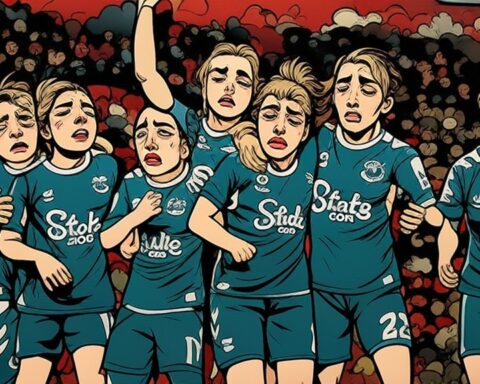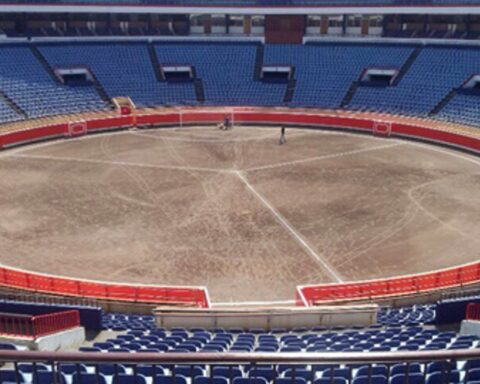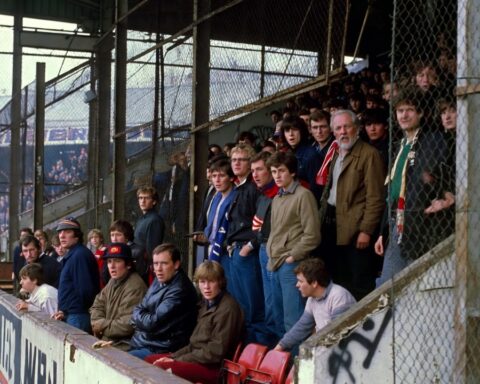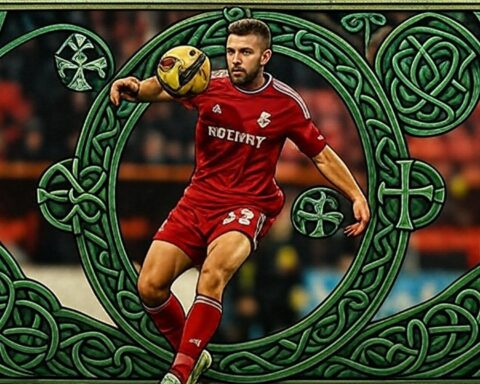In the annals of English football, few fables are as grandiose or as calamitous as the rise and fall of Leeds United at the turn of the millennium.
It is a tale of golden ambitions, reckless indulgences, and the inexorable gravity that pulls all high-flying things back to earth. For a time, they flirted with greatness, their ascent guided by a sorcerer of finance, Peter Ridsdale, whose gifts of persuasion were matched only by his penchant for ruinous extravagance. But fate, ever a cruel mistress, is not so easily wooed.
Let us begin in the late 1990s, a time when English football was awash in the exuberance of new money.
The Premier League, still in its roaring infancy, was shedding its roughened, working-class attire for silk suits and broadcasting deals that dripped with opulence.
It was an era of reinvention, where clubs dared to dream beyond their means, caught in the intoxicating waltz of wealth and power.
Among the dreamers, Leeds United danced with the wildest abandon. Their young manager, David O’Leary, had assembled a squad bursting with potential—brash, youthful, reckless. Jonathan Woodgate, Alan Smith, Harry Kewell, Rio Ferdinand—names that stirred the hearts of Yorkshire faithful.
And yet, potential alone is an insubstantial currency. It must be adorned with gold to truly shine.
The Alchemy of Peter Ridsdale
If O’Leary was the architect, then Ridsdale was the alchemist, promising to turn silver into gold, dreams into trophies.
He was a man possessed by ambition, desperate to install Leeds among the elite of English football. And to do so, he made a deal—not with the devil, but with the shimmering mirage of debt-fueled prosperity.
Under Ridsdale’s stewardship, Leeds embarked on an unprecedented spending spree, throwing money into the wind and expecting a harvest of silverware.
The acquisitions were staggering. Rio Ferdinand, plucked from West Ham for a British-record £18 million, became the most expensive defender in history. Robbie Keane arrived for £12 million, only to be sold for a similar sum, a mere feather in the financial storm.
The club’s wage bill bloated, and behind it all lurked an intricate, perilous financial mechanism: the now-infamous “golden ticket” loan scheme.
In essence, Leeds wagered their future upon the shimmering promise of Champions League riches. The club took out loans secured against future television revenue and prize money from European football’s grandest stage, a financial time-bomb ticking away beneath the club’s foundation.
As long as Leeds remained among the elite, the scheme would remain sustainable. Should they falter, however, the trapdoor beneath them would open.
Glory and the First Tremors of Collapse
For a brief moment, it worked. Leeds charged through the Champions League in 2000-01, an exhilarating campaign that saw them carve through giants and announce themselves as England’s next great force.
They defeated AC Milan, felled Lazio, and battled their way to a semi-final, where they were finally unseated by Valencia. The air in Elland Road was thick with expectation. The promised land was within reach.
But football is a fickle beast, and Leeds soon found themselves adrift in treacherous waters. The next season saw them stumble, finishing fifth in the Premier League and missing out on the Champions League riches that had become their lifeblood.
The golden ticket had expired. The debts, once a distant storm, now loomed overhead, thunderous and unrelenting.
The Reckoning: Leeds Implode
With financial ruin on the horizon, Leeds descended into chaos. Players, once seen as jewels in their crown, were cast away in desperate attempts to staunch the bleeding. Ferdinand was sold to Manchester United for £30 million—a galling transfer that sent shockwaves through the fanbase. Robbie Fowler, Harry Kewell, and others followed, stripped away like marble from a crumbling statue.
O’Leary, the manager who had shepherded them to the brink of greatness, was dismissed, his departure a symbol of the club’s unraveling.
Terry Venables was brought in, then swiftly discarded, replaced by Peter Reid, each man inheriting a squad that was being torn apart piece by piece.
The dressing room, once a place of youthful exuberance, became a mausoleum of lost dreams.
Then came the ignominious fall. The 2003-04 season was a funeral march. Bereft of their stars, Leeds found themselves outmatched and overwhelmed. The specter of administration loomed, and with debts exceeding £100 million, there would be no salvation.
Their relegation was confirmed in May 2004, a gut-wrenching conclusion to a saga of unchecked ambition and fiscal folly.
The Legacy: Lessons Unlearned?
The spectre of Leeds United’s fall remains a cautionary tale, whispered in the boardrooms of football clubs that dare to gamble with borrowed wealth.
Yet, the allure of grandeur is a persistent siren song. In the years since Leeds’ demise, others have trodden the same treacherous path—Portsmouth, QPR, Derby County—each succumbing to the same intoxicating blend of ambition and financial recklessness.
Leeds, however, would not be kept in the shadows forever. After years of wandering the footballing wilderness, they clawed their way back to the Premier League in 2020, a resurrection that spoke of resilience, of lessons learned.
And yet, the modern game remains a landscape of financial peril, where clubs still gamble their futures upon ephemeral glories.
For now, Leeds stand as both a warning and a testament. A warning of what happens when ambition outstrips means, and a testament to the enduring spirit of a club that refuses to be broken.
The ghost of Peter Ridsdale’s era lingers, etched into the bones of Elland Road. Whether it serves as a guiding lesson or an ominous spectre remains to be seen.
But football, ever the grand theatre of tragedy and triumph, will always tempt men to fly too close to the sun.













Follow Me